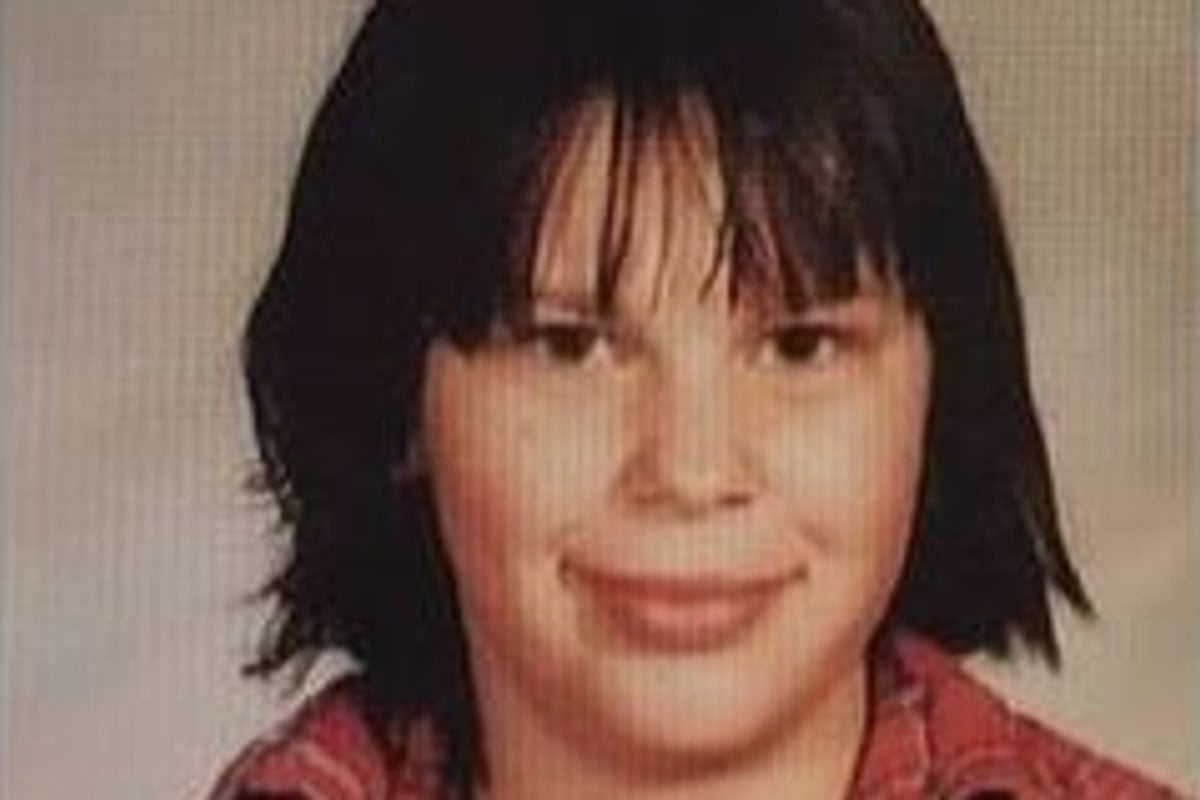
This post deals with sexual abuse and might be triggering for some readers.
Marsi Belecz was feeling proud. It was August 1985, and the 12-year-old had saved up her allowance and bought herself a lilac minidress and rubber jelly shoes.
"It was the first time she had bought a new outfit," her older sister Donna Vanzant told KHQ local news in 2019. "We never got to do that because we had a strict family."
But Marsi’s father didn’t like the outfit, and he let Marsi know. Upset, Marsi ran off.
Watch the trailer for Mamamia's podcast, True Crime Conversations. Post continues below.
"She was hurt more than anything – she got hurt easily," Donna said. "She gave my mum a hug, said, 'I love you.' That's the last time I've seen her."
The sixth-grade student went to a friend’s house, and then later, not wanting to go home, went out to a party with boys.
When Marsi didn’t return later that evening, her parents and four sisters began searching the streets of Spokane, Washington.
Her mum reported her missing to police, who began their own search. But it was the caretaker of a towing company who found Marsi’s body, under a truck, when he turned up for work.
